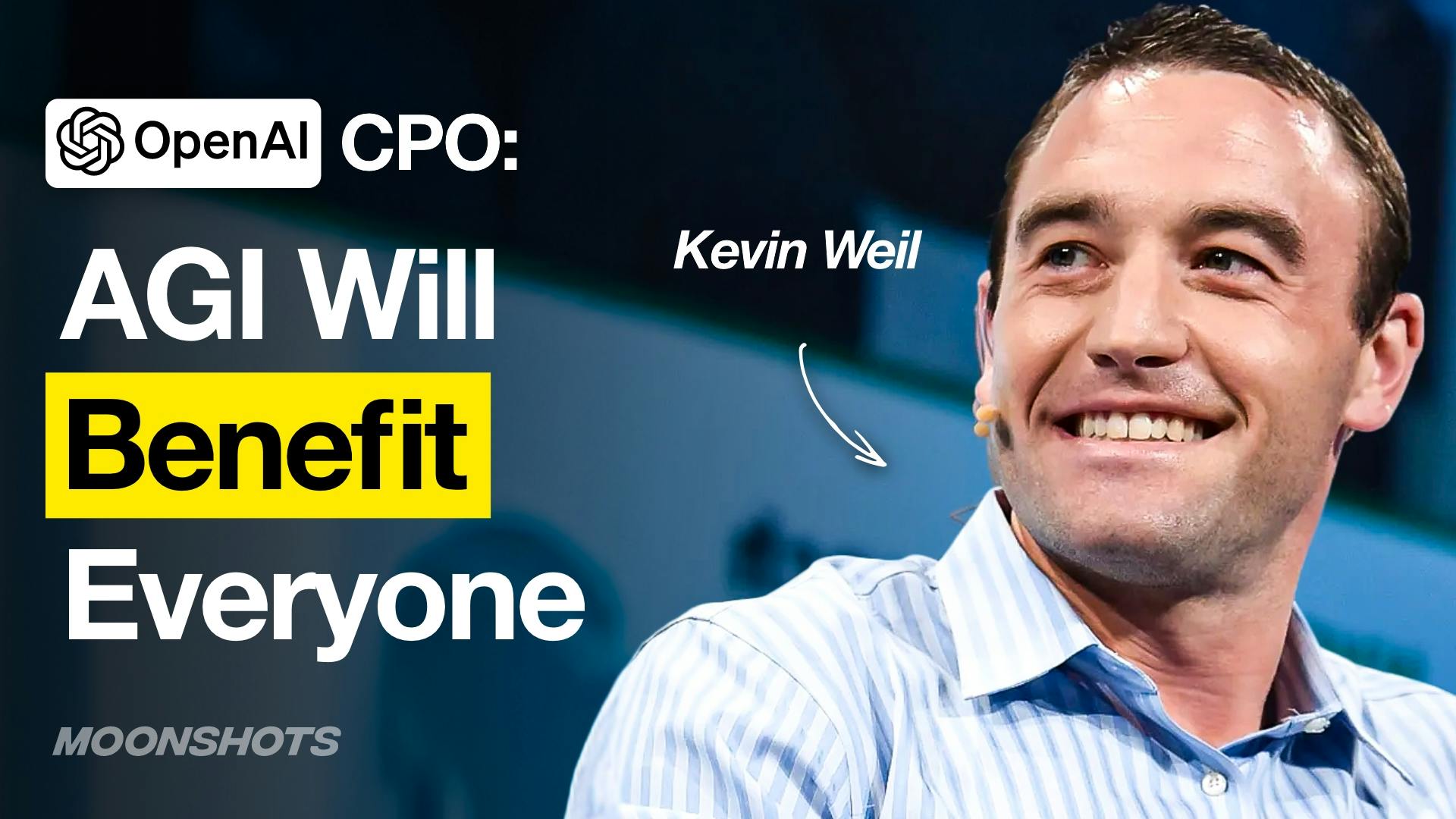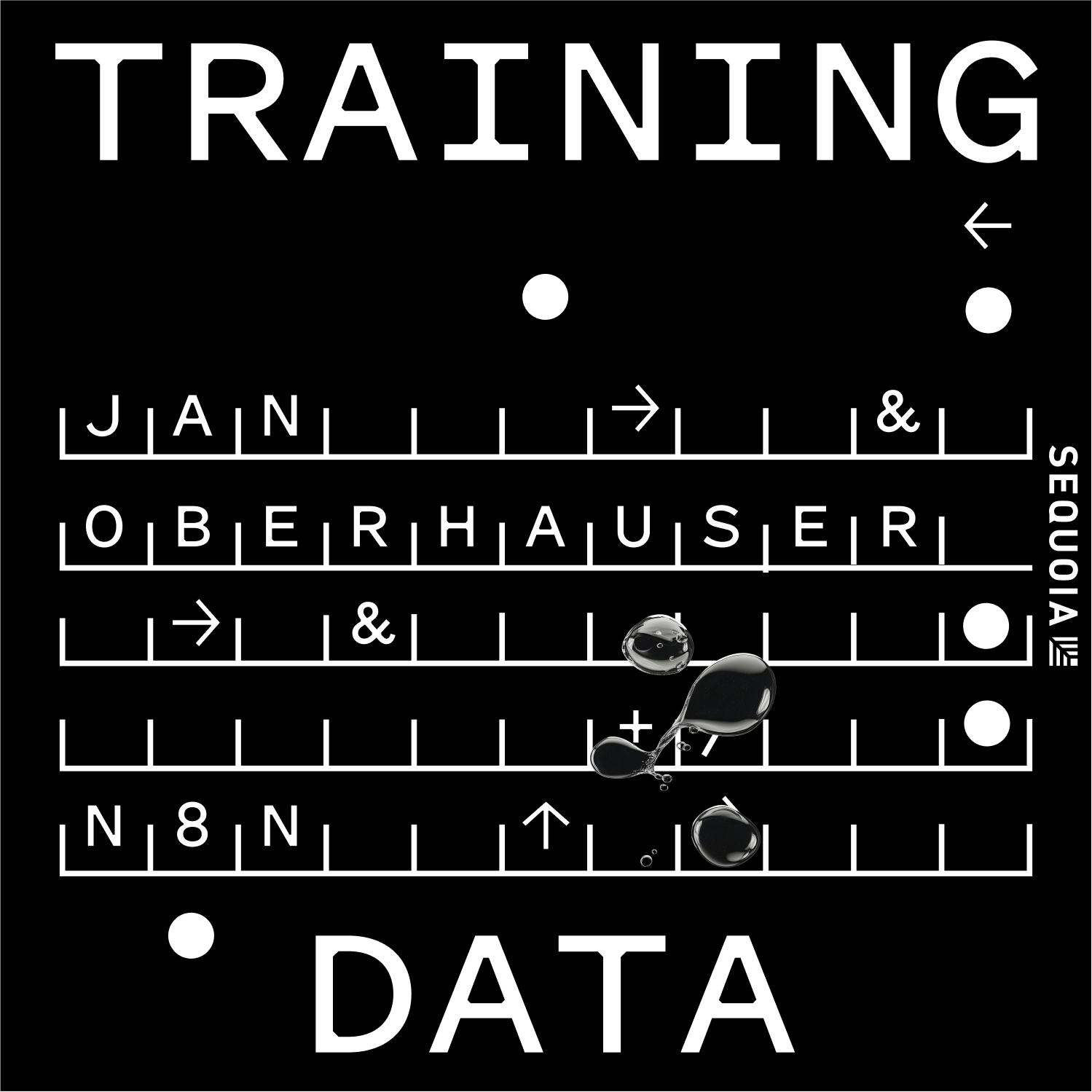Weekly Spotlight #7: AI's New Reality Check
Three conversations that reveal where artificial intelligence meets human ambition.

Kevin Weil reveals a reality that should worry every AI startup founder: "We don't always even know what the next model is going to be great at." The OpenAI Chief Product Officer explains how the company navigates building products on shifting technological ground, where capabilities emerge unpredictably and the competition moves at breakneck speed. His most striking insight centers on OpenAI's counterintuitive business strategy of moving premium features to free tiers, betting that widespread adoption will drive long-term revenue better than traditional paywalls.
What makes this conversation particularly valuable is Weil's candid discussion of how product decisions get made when you're riding the fastest-moving wave in tech history, including his thoughts on why OpenAI's mission-driven focus gives them an edge over larger tech giants.
For: Product leaders and entrepreneurs trying to build in an AI-first world who need to understand how the platform they're building on actually thinks about the future.
Jan Oberhauser built n8n for six steady years before AI changed everything overnight. Rather than panic, he made a brilliant strategic pivot that quadrupled revenue in eight months by transforming his workflow tool into the orchestration layer for AI applications. His approach challenges conventional startup wisdom: abandon lead generation entirely, focus obsessively on community adoption, and bet that empowering free users will eventually capture enterprise customers.
The most compelling part isn't the growth numbers (though they're impressive) but Oberhauser's philosophy on fair code licensing and why he believes horizontal platforms will ultimately dominate vertical AI solutions. His vision positions n8n as "the Excel of AI" where anyone can connect anything to anything in an increasingly fragmented ecosystem.
For: Founders navigating the balance between open source and commercial success, especially those wondering whether to go vertical or horizontal in the AI space.
Brain-computer interfaces aren't science fiction waiting to happen, they're medical reality treating patients today. Three neuroscientists demolish the biggest misconception about BCIs (that they're new) while revealing how deep brain stimulation already helps control tremors and chronic pain. The conversation turns fascinating when they tackle the ethics of cognitive enhancement: would you let your child fall behind if other kids had brain implants that made them smarter?
The discussion reveals BCIs' potential to detect pain signatures in the brain, predict memory decline, and even monitor truck drivers' alertness to prevent crashes. But perhaps most intriguing is their exploration of "cognitive liberty" and who should control the data flowing from your thoughts.
For: Anyone curious about the intersection of neuroscience and technology, particularly those interested in the medical applications happening now rather than the sci-fi promises of tomorrow.

